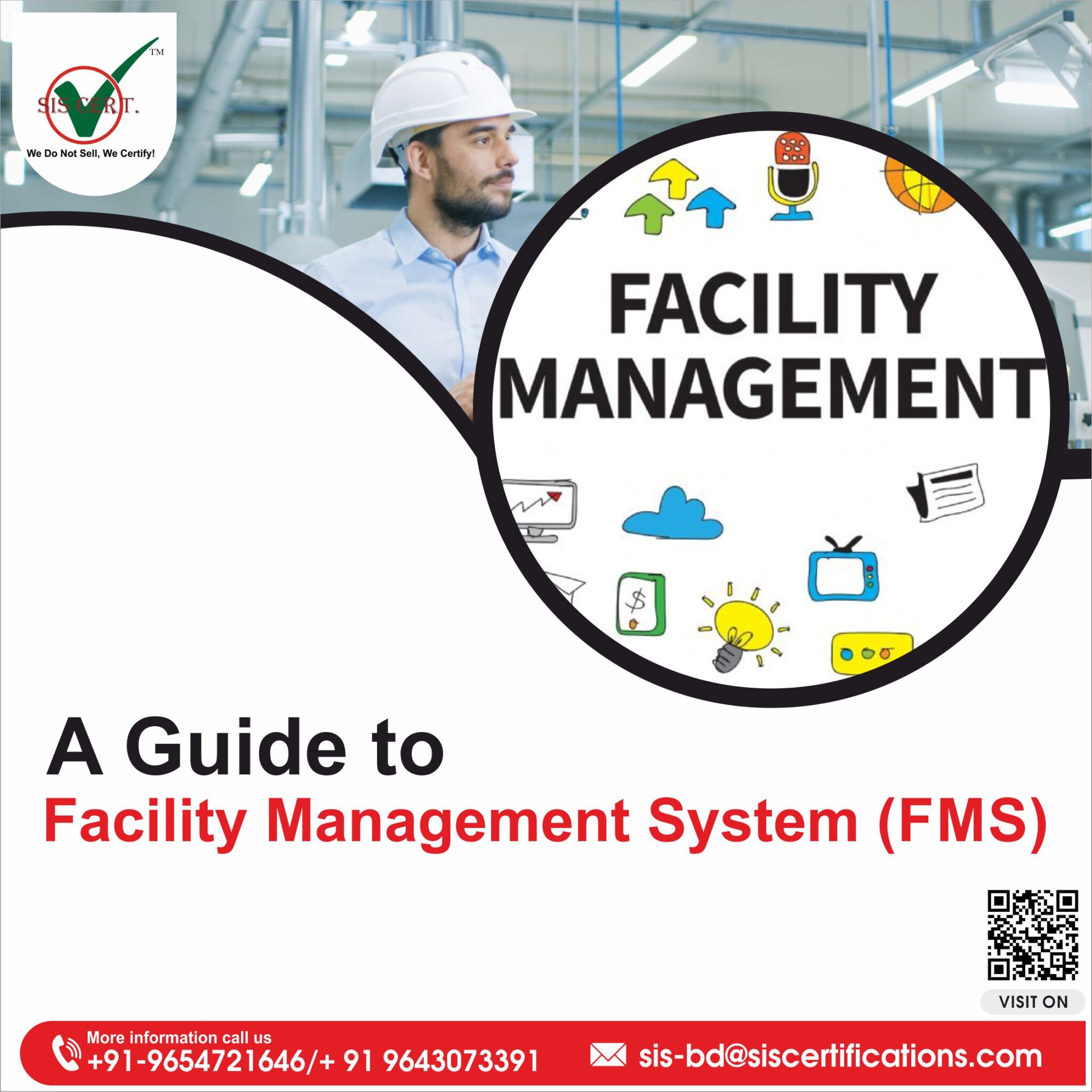Why Total Facility Management Is Essential for Company Success
Total Facility Management (TFM) serves as a keystone for service success by integrating varied functional facets such as maintenance, space use, and precaution. This combination not only enhances performance but likewise aligns facility management with overarching organizational purposes. As organizations navigate an affordable landscape, understanding the multifaceted advantages of TFM can be essential in driving cost performance and boosting worker efficiency. However, the implications of adopting TFM extend much past immediate functional gains, elevating critical concerns regarding its long-lasting impact on business durability and competition - Total Facility Management. What lies beneath this essential framework?
Understanding Total Facility Management
Total Facility Management (TFM) incorporates an extensive technique to managing a company's buildings and connected services to make sure ideal capability, safety, and performance. TFM incorporates various techniques, including upkeep, procedures, space management, and safety procedures, to create a natural structure that sustains a company's core objectives.
At its core, TFM aims to improve the procedures associated with facility management, enhancing and decreasing redundancies service shipment. This method includes the sychronisation of activities connected to building management, such as repair services, cleaning, and power management, to promote an efficient setting for workers and stakeholders alike. TFM likewise highlights the value of applying best techniques and innovative innovations to improve service quality and lower operational prices.
Recognizing TFM calls for recognition of its calculated significance in supporting an organization's goal. By lining up facility management tasks with organizational goals, TFM enhances general performance while guaranteeing compliance with health, safety, and environmental guidelines. Hence, TFM offers not only as a logistical feature but additionally as a critical possession, adding to a company's lasting sustainability and development. In summary, TFM is important for producing a well-functioning environment favorable to service success.
Key Benefits of TFM
Leveraging a detailed method, companies that implement Total Facility Management (TFM) unlock a myriad of benefits that add to general company success. Among the key advantages of TFM is the enhancement of functional performance. By settling facility services under a unified management framework, companies can improve procedures, decrease redundancies, and boost interaction throughout divisions.
Furthermore, TFM advertises an aggressive maintenance approach, which minimizes downtime and extends the life expectancy of facilitiess and devices (Total Facility Management). This aggressive approach not only enhances efficiency but also fosters a safer working setting, ultimately causing higher worker satisfaction and retention rates
In addition, TFM helps with better source allowance by offering understandings into facility performance metrics. Organizations can determine areas for improvement, allowing them to make informed choices that straighten with their tactical goals.
TFM and Expense Effectiveness
Accomplishing cost performance is a basic objective for companies, and Total Facility Management (TFM) plays an essential role in this venture - Total Facility Management. By incorporating various facility services under a single management framework, TFM enables companies to enhance operations and lower redundancies. This alternative strategy brings about substantial expense financial savings, as it removes the requirement for multiple suppliers and streamlines procurement procedures
Moreover, TFM promotes proactive upkeep techniques, which minimize the danger of costly repair work and downtime. By prioritizing preventive actions, organizations can extend the lifespan of their properties and decrease unforeseen expenses. In addition, TFM incorporates power management methods, which can significantly cut energy costs with reliable source usage.
The centralization of information and analytics within TFM enables organizations to make educated economic decisions. By recognizing fads and locations for improvement, TFM allows customized approaches that additionally boost expense management. The scalability of TFM remedies makes certain that as companies expand, their facility management techniques stay effective and straightened with economic objectives.
Enhancing Employee Efficiency
A well-managed facility can dramatically increase staff member performance by producing a conducive workplace. straight from the source Effective Total Facility Management (TFM) makes sure that all facets of the workplace-- from lighting and temperature to cleanliness and security-- are optimized. When workers operate in a room that is comfortable and well-maintained, they are most likely to concentrate on their jobs, resulting in higher outcome and job contentment.
Furthermore, TFM can boost cooperation through the calculated layout of public locations, encouraging teamwork and innovation. By spending in the right sources and technology, organizations can assist in smooth interaction and streamline process, better enhancing efficiency. Normal upkeep and prompt responses to facility problems avoid disturbances that might otherwise prevent efficiency.
Furthermore, a safe and healthy and balanced job setting, sustained by TFM practices, minimizes absence and promotes wellness, straight correlating with increased performance levels. Eventually, focusing on facility management is a financial investment not only in physical properties yet likewise in the workforce itself. By promoting an environment that supports employee requirements and choices, companies can grow an extra involved and efficient labor force, driving total success and affordable benefit.

Future Trends in TFM
Accepting technological developments is set to improve the landscape of Total Facility Management (TFM) in the coming years. As the demand for effectiveness and sustainability boosts, TFM will progressively embrace wise building technologies, incorporating Web of Points (IoT) gadgets to handle and keep an eye on facility operations in real-time. This change will certainly make it possible for aggressive upkeep, dramatically improving and lowering functional expenses service delivery.

Sustainability continues to be a critical focus, with TFM professionals anticipated to focus on environmentally friendly practices. This consists of using renewable power resources and enhancing waste management systems to reduce the carbon footprint of look what i found facilitiess.
Remote management capacities will certainly also be increased, allowing facility supervisors to manage procedures from practically anywhere. This flexibility will certainly end up being vital as organizations adapt to hybrid work versions. In recap, the future of TFM is positioned for makeover with modern technology, sustainability, and improved functional strategies, making sure businesses stay affordable in a progressing landscape.
Conclusion
By integrating numerous functional features, TFM improves performance and straightens facility management with business goals. As companies progressively embrace lasting methods and innovative innovations, the significance of TFM will proceed to grow, guaranteeing lasting functional efficiency and competition in a developing market.

Comments on “The Significance of Total Facility Management in Ensuring Building Safety and Regulatory Compliance”